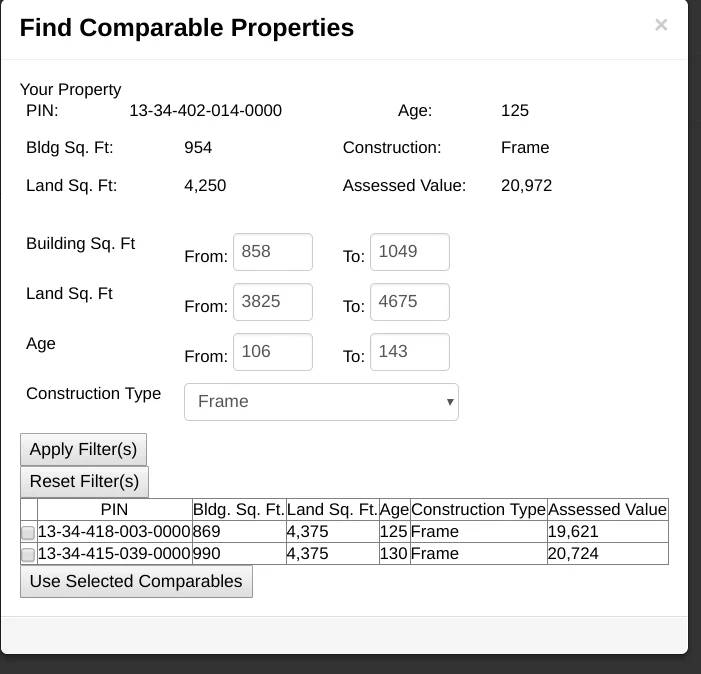Tracking Wealth Through the AI Lens
Tracking Wealth Through the AI Lens
Hey everyone, Aris here! Let’s talk about something that’s got folks in Cook County, Illinois, a little hot under the collar: property tax bills. Specifically, the second installment for 2025. They were supposed to be mailed out on November 14th, with a due date of December 15th, but… well, they’re late. We're talking about 1.8 million bills!
Now, on the surface, this looks like a simple tech snafu. A years-long technology upgrade, integrating three agencies and converting twenty years of data – it's a beast of a project, no doubt. Tyler Technologies, the company contracted for the upgrade, cited leadership changes and a request to convert data for a board audit as reasons for the delay. And to add fuel to the fire, their business license with the State of Illinois was even revoked for a bit due to a missed annual report! Yikes.
But what if this delay, this apparent glitch, is actually a glimpse into the future of civic innovation? What if it’s a chance to rethink how we approach complex governmental systems?
Think about it: Cook County is trying to drag its property tax system into the 21st century. That's a massive undertaking. They're essentially trying to build a completely new engine while the car is still running. As someone who has done many complex migrations, I can tell you it's never easy.
The real story here isn't just the delay. It's the scale of the ambition. It's the attempt to bring efficiency and transparency to a system that, let's be honest, can feel like a black box to many residents. It's about integrating systems and data in a way that could ultimately benefit everyone. That's a pretty important point, right? We need to see the big picture here.
Cook County Board President Toni Preckwinkle's office even initiated a Bridge Loan Program to help local taxing jurisdictions deal with any financial fallout from the delay. That’s a proactive move, a recognition that these kinds of hiccups can have real-world consequences. And the fact that interest won't accrue on the bills until after the new due date? That's a win for property owners.
But the real question is, could this situation spur even more innovation? Could it lead to a more streamlined, user-friendly property tax system in the long run? Could it force a re-evaluation of how government contracts are managed and overseen? What if this is the catalyst for a new wave of civic tech solutions?

Imagine a future where property taxes are easily understood, where payments are seamless, and where the entire process is transparent and accessible to everyone. This is not about dreaming, this is about making the system better for the people. It's a bold vision, and one that requires us to look beyond the immediate frustration and see the potential for long-term change.
I know residents are frustrated. NBC 5 Responds reported on folks getting increasingly impatient. But let's reframe that frustration. Let's channel it into a demand for a better system, a system that leverages technology to serve the community more effectively.
This reminds me of the early days of the internet. Remember the dial-up days? The constant crashes? The frustration of waiting for a single image to load? It was maddening! But we persevered, we innovated, and we built the internet we know and love (and sometimes hate) today. This Cook County situation feels similar. It's messy, it's frustrating, but it has the potential to lead to something truly transformative.
This is the kind of situation that reminds me why I got into this field in the first place. The intersection of technology and public service is where some of the most exciting and impactful innovations are happening. And while there may be some short-term pain, the long-term potential is immense.
But let’s also be real. There are ethical considerations here. With great technological power comes great responsibility. We need to ensure that these systems are fair, equitable, and accessible to everyone, regardless of their technical skills or socioeconomic status. Data privacy and security must be paramount. Transparency is non-negotiable.
The challenge now is to learn from these hiccups, to adapt, and to build a system that is not only technologically advanced but also deeply human-centered.
This isn't just about property taxes; it's about the future of civic tech. It's about embracing innovation, learning from our mistakes, and building a more transparent, efficient, and equitable system for everyone. The future is coming, and it's up to us to shape it.